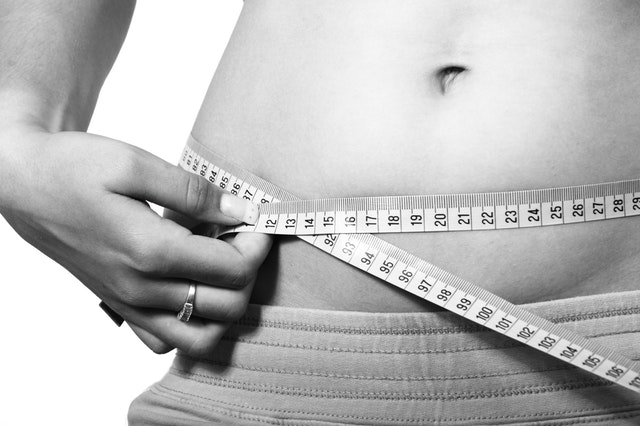
Image Source: Pexels
For many people, drinking alcohol is an enjoyable pastime activity, both culturally and socially. A number of studies have suggested the health benefits of alcohol, including red wine lowering the risk of heart disease.
On the other hand, alcohol plays a major role in weight management as well. You may want to think about skipping your regular glass of wine if you want to drop those last stubborn pounds. Alcohol may disrupt your weight loss in various ways but the good news is that there are alternatives in terms of what you can drink instead.
Empty Calories
Drinks that contain alcohol are often known as empty calories. They give your body calories but the nutrient content is very low. From hundreds of calories in cans of beer to glasses of red wine, different alcoholic drinks can be compared to an afternoon snack. A night out with numerous drinks can result in consuming hundreds of extra calories. Even more, calories are contained in drinks with mixers like soda or fruit juice.
Source of Fuel
Aside from calorie content, there are other aspects that can contribute to weight gain. When consuming alcohol, it is initially burnt as a source of fuel before the body uses anything else, including lipids from fats or glucose from carbohydrates. When the primary source of energy is alcohol, the excess lipids and glucose end up as fat or adipose tissue.
Body Organs
The main role of the liver is to serve as a filter for foreign substances that make their way into the body such as alcohol and drugs. It also plays an important role in the metabolism of proteins, carbohydrates, and fats. Find out more at https://www.dadquarters.com/worst-alcoholic-drinks-for-your-diet/.
Excess alcohol consumption can result in a fatty liver, which can damage the liver and affect how your body stores and metabolizes fats and carbohydrates. When the way energy from food is stored changes, this can make it harder to lose weight.
Belly Fat
- A beer gut is much more than a myth or insult. Foods that contain a high amount of simple sugars like those that are found in beer, soda, and candy are high in calories as well. Extra calories are stored as fat inside the body.
- Consuming drinks and foods that are high in sugar can rapidly lead to weight gain. While people cannot determine where this extra weight goes to, the body often accumulates fat within the abdominal area.
- The “brew gut” isn’t only a legend. Nourishments high in basic sugars, for example, those found in treats, soft drink, and even lager, are likewise high in calories. Additional calories wind up to put away as fat in the body. Expending sustenances and savors high sugar can rapidly prompt weight gain. We can’t pick where all that additional weight winds up. Be that as it may, the body will in general amass fat in the stomach territory.
Food Choices
Even the most enthusiastic dieter will find it hard to resist the urge of digging in when they are under the influence of alcohol. Alcohol can diminish decision-making skills and lower inhibitions, especially when making food choices. The effects of alcohol can trigger hunger and lead to excessive food intake or the urge to eat more.
Indeed, even the most obstinate eating regimen fan will experience considerable difficulties battling the desire to dive in when inebriated.
Liquor brings hindrances and can lead down to poor basic leadership without giving it much thought — particularly with regards to sustenance decisions.
Be that as it may, the impacts of liquor outperform even social drinking behavior.
Sleep
A drink before bed may seem like a good way to prepare for a good night’s rest but it can end up leading to increased wakefulness and sleep deprivation. Sleep deprivation from impaired sleep or lack of sleep can disrupt the balance of hormones related to energy storage, satiety, and hunger along with inhibiting proper digestive function.
A nightcap before bed may seem like a ticket to a decent night’s rest yet you might need to rethink.
Research recommends that liquor can prompt expanded times of attentiveness amid rest cycles.
Lack of sleep, regardless of whether from the absence of rest or impeded rest, can prompt an awkwardness in the hormones identified with craving, satiety, and vitality stockpiling.
About The Author:
Silvia Watson is the author of this article is a freelance content writer. She has written many good and informative articles on different categories. She is a featured author at various authoritative blogs.




